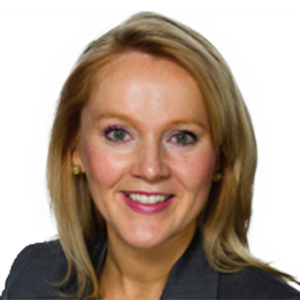This article was co-authored with Hattie Wilson.
Legal obligations requiring persons conducting a business or undertaking (PCBU) to manage psychosocial hazards in accordance with work health and safety (WHS) laws are continuing to come into effect across the country.
Psychosocial hazards are hazards that may cause psychological and/or physical harm arising from, or in relation to, the design or management of work, the working environment, the plant at a workplace, or workplace interactions or behaviours.
Below is an update on what has been happening in this area throughout Australia in 2022.
National model WHS laws and Safe Work Australia Code of Practice
In June 2022, the national model WHS Act, Regulations and related materials were amended to reflect 20 out of 34 recommendations made following an independent review of the WHS laws in 2019. One such amendment was the inclusion of clauses in the model Regulations relating to identifying psychosocial hazards and implementing control measures to manage such risks in accordance with the risk management provisions of the model WHS regulations.
In July 2022, the national model Code of Practice for managing psychosocial hazards at work was published. The Code aims to provide practical guidance to PCBUs on how to manage psychosocial health and safety risks at work. Specifically, the Code provides practical guidance on the following issues:
- Identifying psychosocial hazards;
- Assessing and controlling the risks;
- Reviewing control measures;
- Recording the risk management process and outcomes; and
- Conducting WHS investigations.
These changes do not have legal effect in harmonised jurisdictions until they have been approved under the relevant State WHS act.
New South Wales
In September 2022, the NSW Government made the Work Health and Safety Amendment Regulation 2022, adopting the amendments to the national model WHS Regulations. The amendment regulation introduces a requirement that PCBUs manage psychosocial risks in accordance with the risk management provisions of the Work Health and Safety Regulation 2017 (NSW) (excluding clause 36 concerning hierarchy of control measures), and specifies factors that a PCBU must have regard to when determining which controls to implement.
Queensland
In October 2022, the Queensland Government made the Work Health and Safety (Psychosocial Risks) Amendment Regulation 2022, expressly requiring PCBUs to tackle psychosocial risks through the risk management provisions of the Work Health and Safety Regulation 2011 (QLD). The changes are similar to the national model WHS Regulations, as adopted by NSW in September 2022, but a key difference is that in Queensland, PCBUs are required to apply the hierarchy of controls to psychosocial risks, pursuant to clause 36 of the Work Health and Safety Regulation 2011 (QLD).
Western Australia
In July 2022, the Code of Practice for managing psychosocial hazards in the workplace was published under the Work Health and Safety Act 2020 (WA). This Code of Practice was adapted from the Code of Practice introduced in New South Wales in 2021. The intent of the Code is to provide practical guidance for workplaces where workers may be exposed to psychological and social hazards such as inappropriate behaviours, violence and aggression, and fatigue, stress and trauma, which can be harmful to their health.
Other jurisdictions across Australia
Victoria has released the Occupational Health and Safety Amendment (Psychological Health) Regulations. For information about the proposed regulations, see our blog post setting out the proposed changes and our recommendations for employers, and our blog post setting out the key themes contained in the submissions received during the feedback period. The Victorian Government and WorkSafe are currently considering the submissions, and have said that progress on the proposed regulations will continue in 2023.
As for the other jurisdictions, it is only a matter of time before they introduce similar legal obligations for PCBUs to manage psychosocial hazards, in accordance with the amendments to the model WHS laws and Safe Work Australia code of practice.



